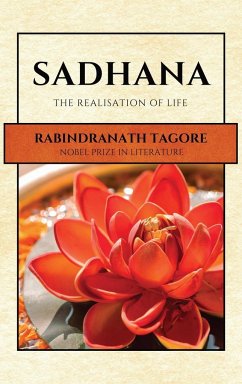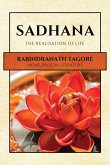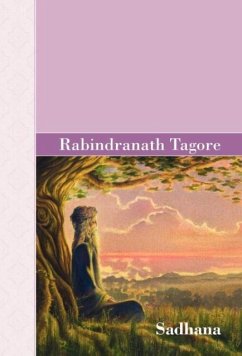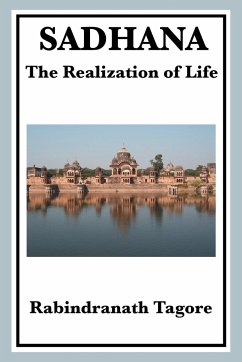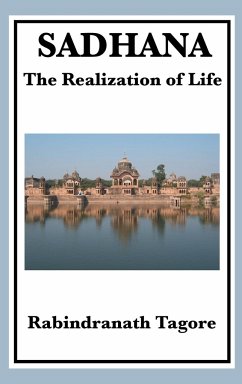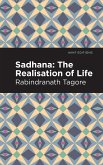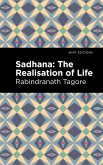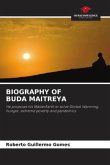"Man can destroy and plunder, earn and accumulate, invent and discover, but he is great because his soul comprehends all."-Rabindranath Tagore. Sadhana is a Sanskrit term used to refer to a daily spiritual practice. It is also a means of forging a ritual connection with God or universal energy. Rabindranath Tagore was a Bengali poet, writer, philosopher, social reformer and painter. He was awarded a Nobel Prize in Literature in 1913 for his collection Gitanjali. The main objective of his teachings was to increase the level of consciousness of people and to aware people of their true selves. This book about Sadhana is plenty of very profound thought, and you will not leave this fantastic work without spiritual growth. Begin with Rabindranath Tagore a journey of peace today on the path to a better, more balanced life. Large Print edition, easy to read layout. EXCERPT:"Everything has sprung from immortal life and is vibrating with life, for life is immense. This is the noble heritage from our forefathers waiting to be claimed by us as our own, this ideal of the supreme freedom of consciousness. It is not merely intellectual or emotional, it has an ethical basis, and it must be translated into action. In the Upanishad it is said, The supreme being is all-pervading, therefore he is the innate good in all. To be truly united in knowledge, love, and service with all beings, and thus to realise one's self in the all-pervading God is the essence of goodness, and this is the keynote of the teachings of the Upanishads: Life is immense!" CONTENTS: AUTHOR'S PREFACE I. THE RELATION OF THE INDIVIDUAL TO THE UNIVERSE II. SOUL CONSCIOUSNESS III. THE PROBLEM OF EVIL IV. THE PROBLEM OF SELF V. REALISATION IN LOVE VI. REALISATION IN ACTION VII. THE REALISATION OF BEAUTY VIII. THE REALISATION OF THE INFINITE

